Ambiguous 20th Central Committee Communique from China sparks criticism.
China’s 20th Central Committee Communique Criticized for Ambiguity and Economic Ineffectiveness
Following the conclusion of China’s 20th Central Committee’s Third Plenum, experts have delivered a scathing critique of the Chinese Communist Party’s (CCP) communique, labeling it as vague and insufficient in addressing pressing economic issues. The plenum, which concluded on July 18, culminated in a 5,000-word communique that outlined the party’s economic strategy and policy directives. However, expert analyses, as reported by Voice of America, highlight widespread dissatisfaction and skepticism among analysts regarding the plan’s efficacy and comprehensiveness.
Shi He-ling, an Associate Professor of Economics at Monash University in Australia, expressed profound disappointment with the CCP’s economic blueprint, arguing that it lacks clear, measurable objectives necessary for meaningful economic reform. According to Shi, the communique reads more like a philosophical treatise than a practical guide for implementing crucial macroeconomic adjustments. He emphasized the critical need for specific policy measures aimed at addressing China’s economic slowdown and structural challenges.
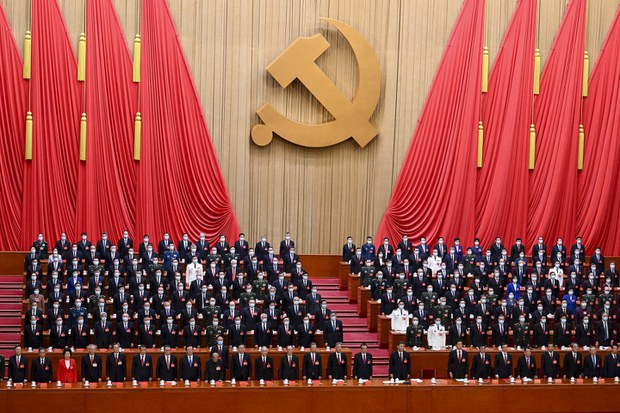
Yeh Yao-Yuan, Chair of the Department of Political Science at the University of St. Thomas in Houston, echoed these sentiments, pointing out the inherent challenges in implementing new economic directives under the ideological umbrella of ‘Xi Thoughts.’ Yeh criticized what he perceived as the regressive nature of Xi Jinping’s reforms, questioning their ability to reverse China’s economic downturn effectively. Despite the CCP’s rhetoric emphasizing the ‘socialist market economic system,’ Yeh argued that such rhetoric alone is insufficient without substantive policy changes and effective implementation strategies.
The Voice of America report highlighted that while the communique attracted considerable attention on Weibo, China’s prominent social media platform, it did not generate substantial domestic debate or enthusiasm. The lack of robust public engagement indicates a potential disconnect between the party’s strategic pronouncements and public expectations for tangible economic reforms.
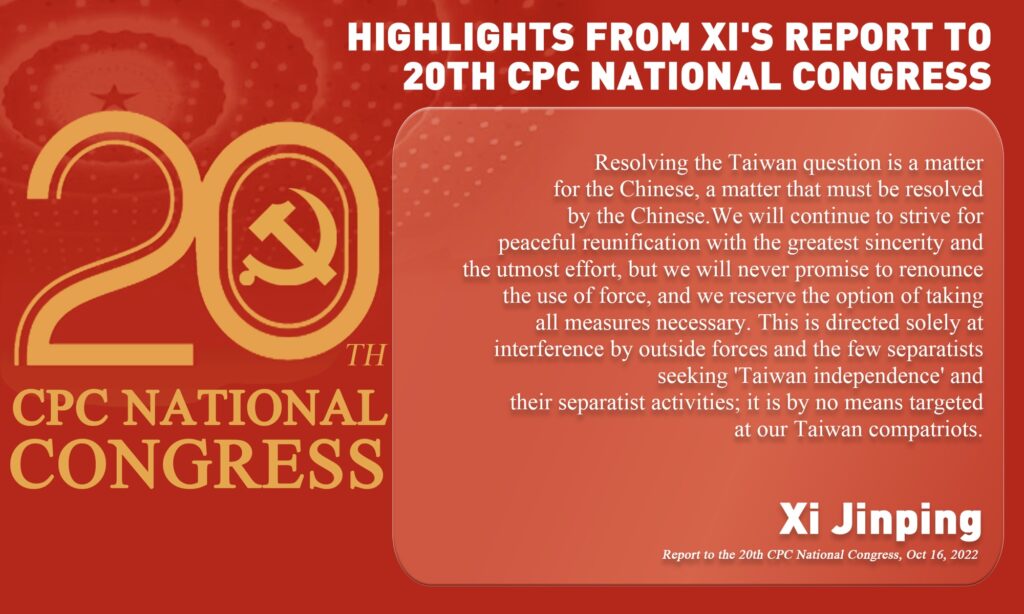
In addition to economic criticisms, significant personnel changes announced during the Third Plenum have also drawn scrutiny. Notably, former Defense Minister Li Shangfu, along with Li Yuchao and Sun Jinming from the People’s Liberation Army’s Rocket Force, were removed from their positions. Chong Ja Ian, an Associate Professor of Political Science at the National University of Singapore, noted the CCP’s cautious approach in managing public discourse about high-level personnel changes. The party’s aversion to public online debates underscores its concerns about potential challenges to the legitimacy and coherence of its decision-making processes.
The Third Plenum’s communique represents a pivotal moment in the CCP’s governance, particularly amidst ongoing economic challenges exacerbated by global uncertainties and internal structural issues. China’s economy, once a global growth engine, has faced mounting pressures in recent years, including trade tensions with the United States, demographic shifts, and technological transformations. These challenges have prompted calls for decisive and proactive policy responses from Beijing to sustain economic stability and growth.

The CCP’s economic strategy, articulated in the communique, outlines broad goals such as promoting high-quality development, advancing technological innovation, and ensuring social stability. However, the absence of detailed implementation plans and specific policy initiatives has left many observers skeptical about the party’s ability to translate rhetoric into concrete actions that address the root causes of economic malaise.
Moreover, the global geopolitical landscape adds complexity to China’s domestic economic considerations. Tensions with the United States over trade, technology, and geopolitical influence have strained economic relations and contributed to China’s reevaluation of its economic policies and international engagements. The CCP’s economic policies, therefore, must navigate both domestic imperatives and external pressures to maintain economic resilience and global competitiveness.
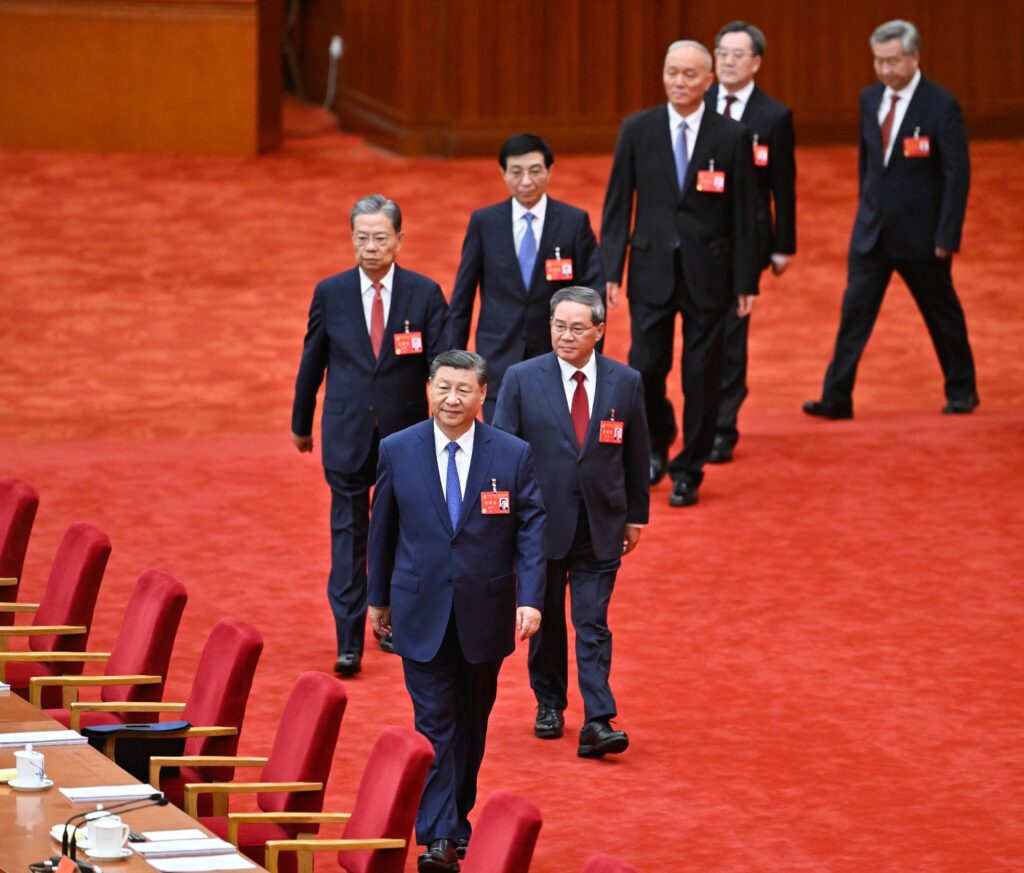
Internally, China faces demographic challenges stemming from an aging population and evolving labor market dynamics. The demographic shift poses long-term implications for economic growth, productivity, and social welfare, necessitating strategic reforms in healthcare, education, and social security systems. Addressing these structural challenges requires comprehensive policy reforms that promote sustainable economic development while ensuring social equity and stability.
Furthermore, technological advancements and digital transformation present opportunities and challenges for China’s economic modernization. The CCP’s commitment to fostering technological innovation and digital infrastructure is crucial for enhancing productivity, competitiveness, and resilience in the digital economy era. However, concerns about data privacy, cybersecurity, and regulatory frameworks remain significant considerations as China navigates the complexities of digital transformation.
In conclusion, the criticism of China’s 20th Central Committee communique underscores broader concerns about the CCP’s ability to effectively manage economic challenges and implement meaningful reforms. The communique’s vagueness and lack of specificity have fueled skepticism among experts and observers, reflecting deeper uncertainties about the party’s strategic direction and governance effectiveness. As China navigates complex domestic and international dynamics, the imperative for clear, decisive economic policies and robust governance practices becomes increasingly critical for sustaining long-term economic stability, resilience, and inclusive growth.
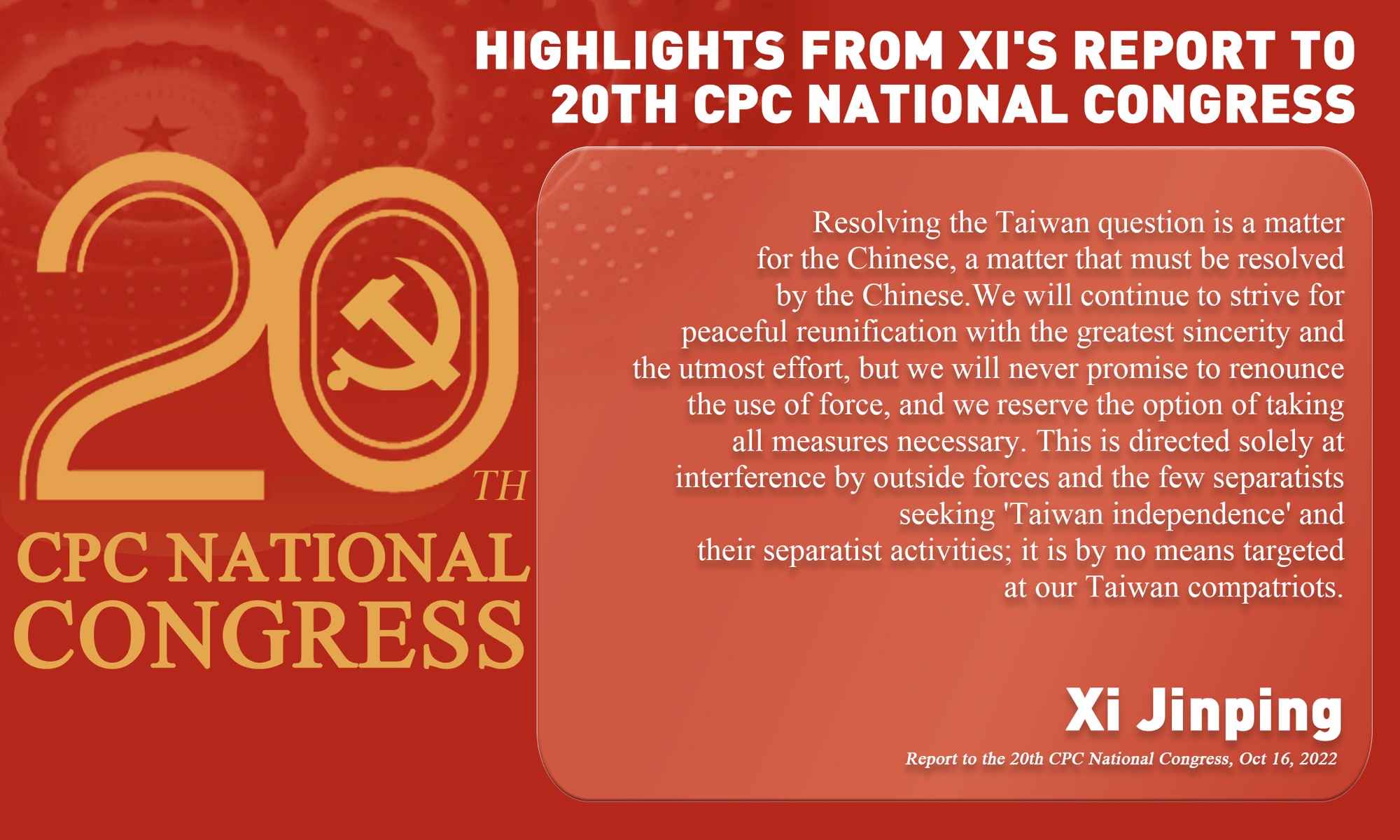
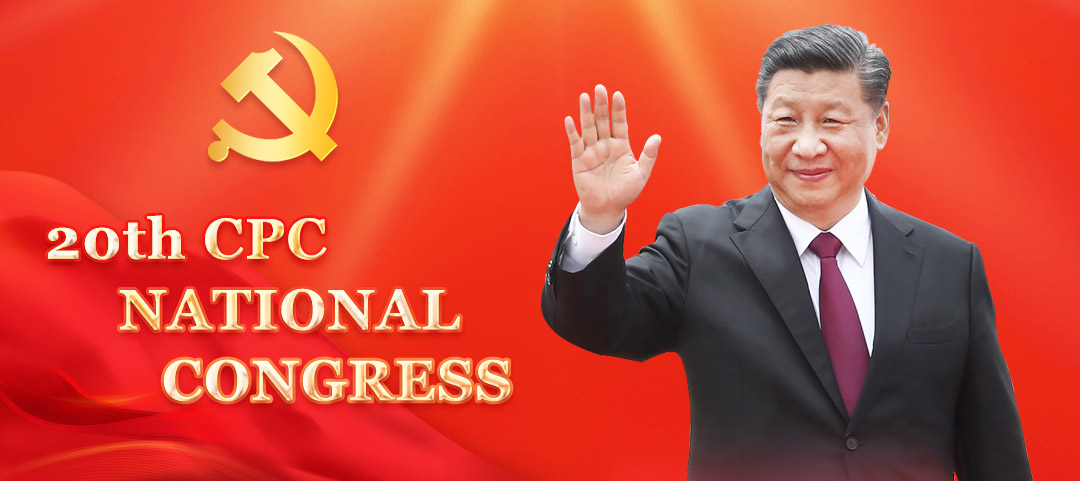










Leave a Reply